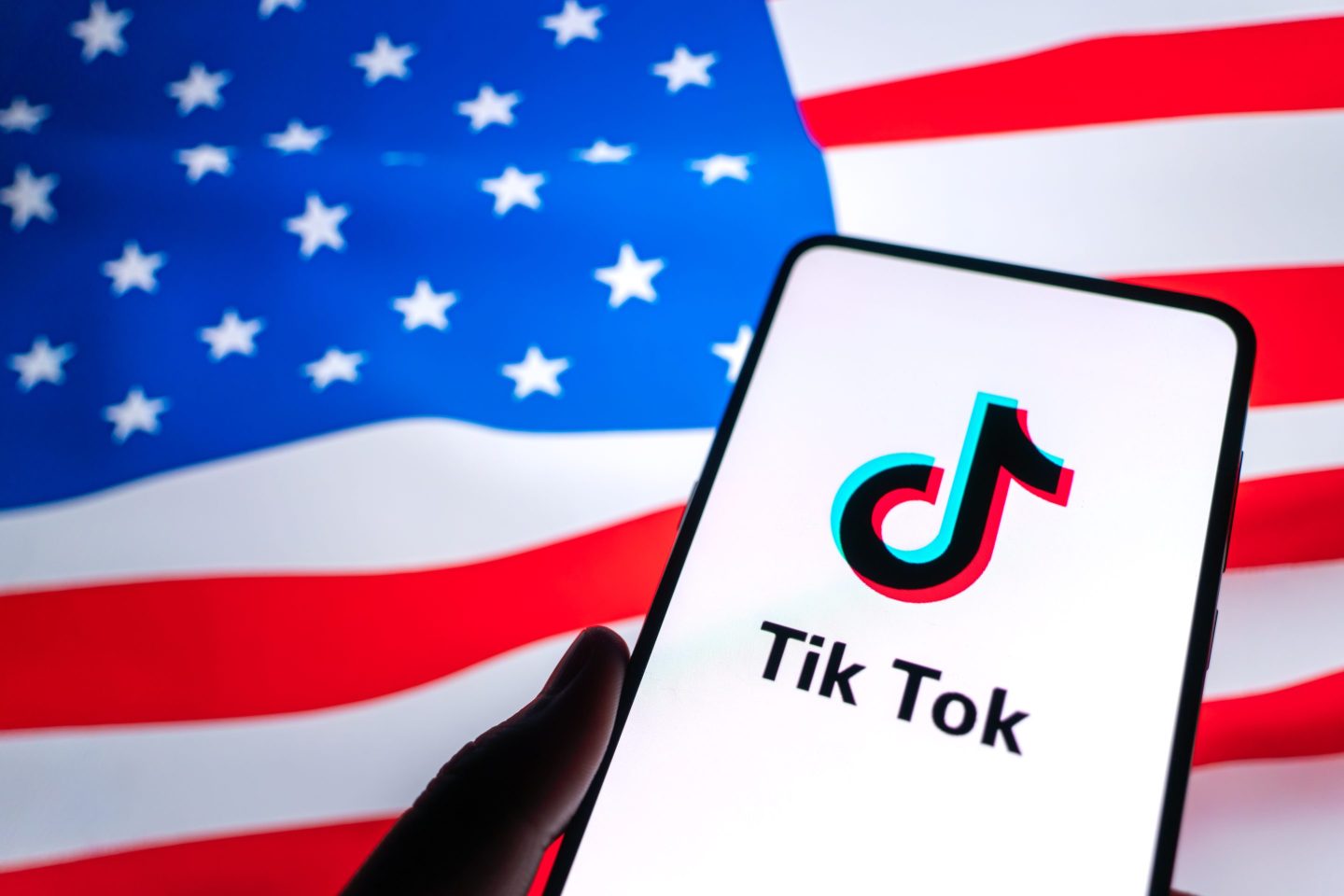If I write a lot about the EU’s Digital Markets Act, that’s because the new antitrust law is going to change the tech industry—and to prove it, some of the biggest names in the business just launched a coalition to “promote the principles of openness.”
Google and Meta are the marquee members here, alongside the likes of Lenovo, Nothing, and Qualcomm (there does seem to be a mobile slant to the initial membership). Their Coalition for Open Digital Ecosystems (CODE) will, according to a press release, “work with academics, policymakers, and ecosystem companies to provide evidence-based thought leadership on the topic of digital openness and how it can be delivered in Europe, through the implementation of the Digital Markets Act and in future EU regulatory framework developments.”
Thought leadership! Cool. But what does this management-speak actually mean in practice? CODE says its principles include “promoting seamless connectivity and interoperable systems,” “empowering consumers to choose devices and services with ease,” nurturing “an environment of open access,” and of course “opening up digital ecosystems through cross-industry collaboration.” Aaaand that’s about it from the statement itself—though a spokesperson for the coalition did also let me see a paper that said, “companies should work together in cross-industry fora to develop open standards and adhere to them, especially when it comes to technologies which are fundamental to the lives of consumers and operating models of businesses.” That’s at least a little more specific.
On the one hand, it’s entirely logical and indeed desirable that the tech industry will have a group in which to coordinate compliance with the DMA—which will, as of early March, force Google and Meta to introduce interoperability with third-party platforms, give business partners access to more of the data their services generate, and so on.
However, as we’ve seen with the EU’s General Data Protection Regulation, these companies are very likely to try getting away with the bare minimum of compliance, if that.
Yes, the DMA’s fines are even grodier than the GDPR’s—particularly egregious and repeated violations could theoretically mean handing over a cool fifth of global annual revenue—and the new antitrust law is likely to be more vigorously enforced, with the European Commission rather than underfunded national regulators holding the whip this time. But it’s very difficult to believe that Google and Meta are going to enthusiastically embrace the ethos of openness, especially when both companies are regularly in court on antitrust charges, and their coalition’s launch statement is padded out with punishingly vague language that doesn’t even define “openness.”
I’d be delighted to be proved wrong on this, but for now, color me skeptical. More news below.
David Meyer
Want to send thoughts or suggestions to Data Sheet? Drop a line here.
NEWSWORTHY
ON OUR FEED
“He may be at the very top of the list as the worst person I’ve ever seen do a cross-examination.”
—David Mills, one of Sam Bankman-Fried’s lawyers, appraises his client’s performance on the stand. Mills is a Stanford Law School professor and represented SBF as a favor to the FTX fraudster’s parents, who are his friends and colleagues.
IN CASE YOU MISSED IT
Elon Musk’s X is seeing ad revenue plunge by half from prior years and is expected to bring in just $2.5B this year, by Bloomberg
Overthinking the risks of AI is its own risk, says LinkedIn cofounder Reid Hoffman: ‘The important thing is to not fumble the future,’ by Alexandra Sternlicht
Most companies using AI are ‘lighting money on fire,’ says Cloudflare CEO Matthew Prince, by Sage Lazzaro
White House tech policy director says every U.S. citizen must have the ability to tell if images and videos released by the government are ‘authentic material,’ by Alexandra Sternlicht
The U.S.-led digital trade world order is under attack–by the U.S., by Susan Ariel Aaronson (Commentary)
BEFORE YOU GO
Optimus 2. Tesla has unveiled the second generation of its Optimus humanoid robot, which, to be clear, is still not yet for sale. As can be seen in a promotional video, Optimus 2 is sleeker, lighter, and faster than its predecessor—though it does still walk like it urgently needs to go the restroom.
Perhaps most impressively, Optimus 2 has new hands that, the video suggests, are capable of operations as delicate as handling an egg. As Electrek notes, a strong-but-gentle hand is one of the trickiest problems in robotics. Tesla claims it will soon start using the robot in its factories.
Oh, and in other Tesla news, Musk’s automaker has challenged the California Department of Motor Vehicles’ allegations about its overhyping of Autopilot’s ability to actually achieve “full self-driving” (spoiler: it can’t) by arguing that the state’s regulations are unconstitutional, because they “impermissibly restrict Tesla’s truthful and non-misleading speech about its vehicles and their features.” And there’s an Autopilot-related “recall” notice for 2 million Teslas in the U.S., but it’s another case of Tesla just having to issue an over-the-air software update.
This is the web version of Data Sheet, a daily newsletter on the business of tech. Sign up to get it delivered free to your inbox.












